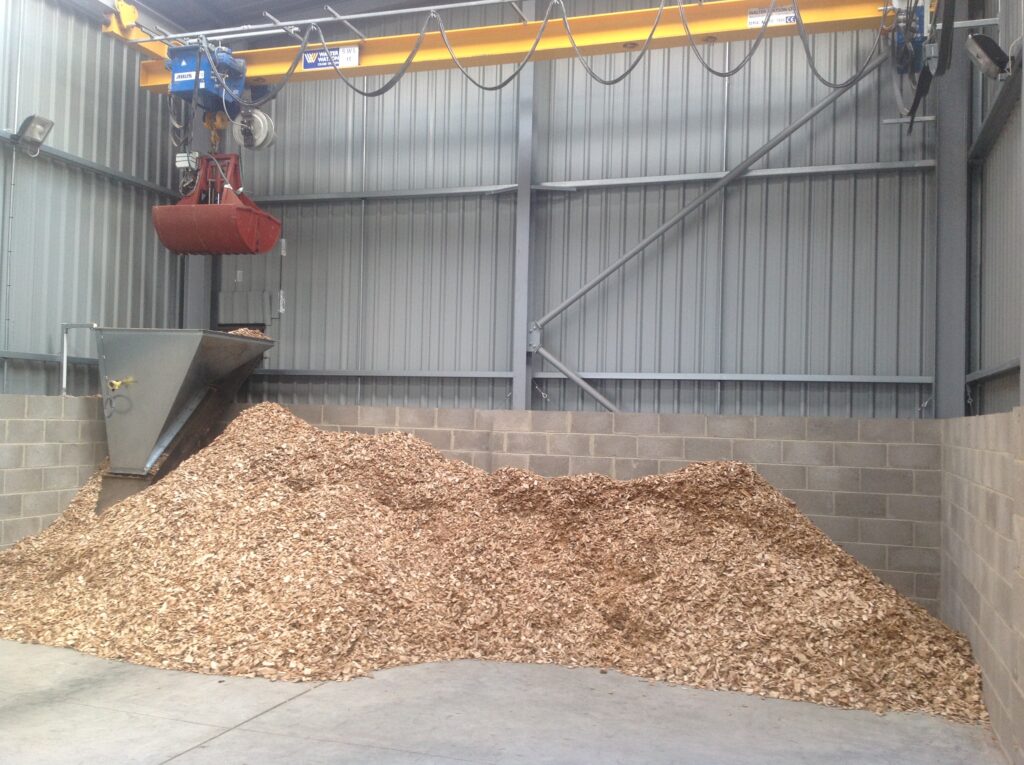
Steve Walker 23.10.2023
In the ever-evolving narrative of climate change, Poland’s National Forest Reserves stand as vital guardians of biodiversity and sustainable resource utilisation. Within this intricate tapestry, Syngas Project, through its visionary initiatives “Reach” and “Cache”, is orchestrating a symphony of resilience. This extended exploration uncovers the strategic dance between Syngas Project and Poland’s National Forest Reserves, highlighting the symbiosis between forest management and climate-induced events.
Poland’s National Forest Reserves: Balancing Conservation and Utilization
Before we delve into the intricate strategies of “Reach” and “Cache,” it’s crucial to appreciate the unique character of Poland’s National Forest Reserves. These reserves, vital for preserving biodiversity, are also strategic sources of forest products. Yet, the delicate equilibrium between conservation and utilisation requires careful consideration, especially in the face of temporary disruptions caused by severe weather events.
Understanding Delayed Clear-Cutting: A Balanced Perspective
In the grand scheme of forest management, the delayed clear-cutting dilemma is not a norm but a calculated response to the temporary impact of severe weather events. This delayed harvesting, often prompted by storms, is a risk-mitigation strategy. It allows forest management authorities to adapt and preserve the resilience of the National Forest Reserves, recognizing that these weather events are temporary disruptions rather than perpetual obstacles.
Reach: Extending Syngas Project’s Influence Beyond Boundaries
Within this nuanced context, the Reach initiative becomes a strategic tool for Syngas Project. By harnessing Poland’s extensive electric railway infrastructure and TITAN’s capacity to generate extra carbon-positive electricity on demand, Reach facilitates the acquisition of biomass from various National Forest Reserves. The delayed clear-cutting in one reserve, resulting from a storm, transforms into an opportunity for Syngas Project to strategically acquire biomass from another reserve, thus aligning forest management practices with transient climate-induced events.


